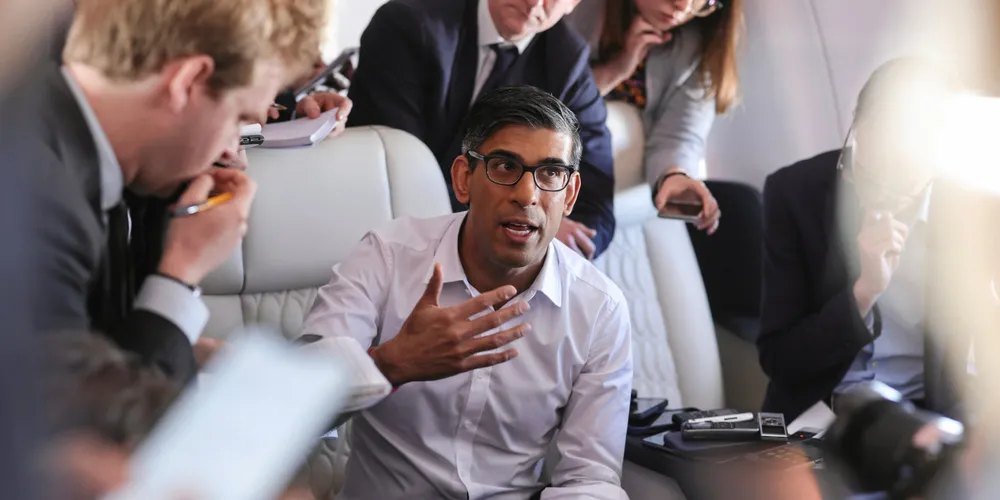UK 'going backwards' on energy security as it scores just 3/10 on key goals
Prime Minister Rishi Sunak rolled back on green ambition last year in bid to revive ailing re-election campaign

Prime Minister Rishi Sunak rolled back on green ambition last year in bid to revive ailing re-election campaign
